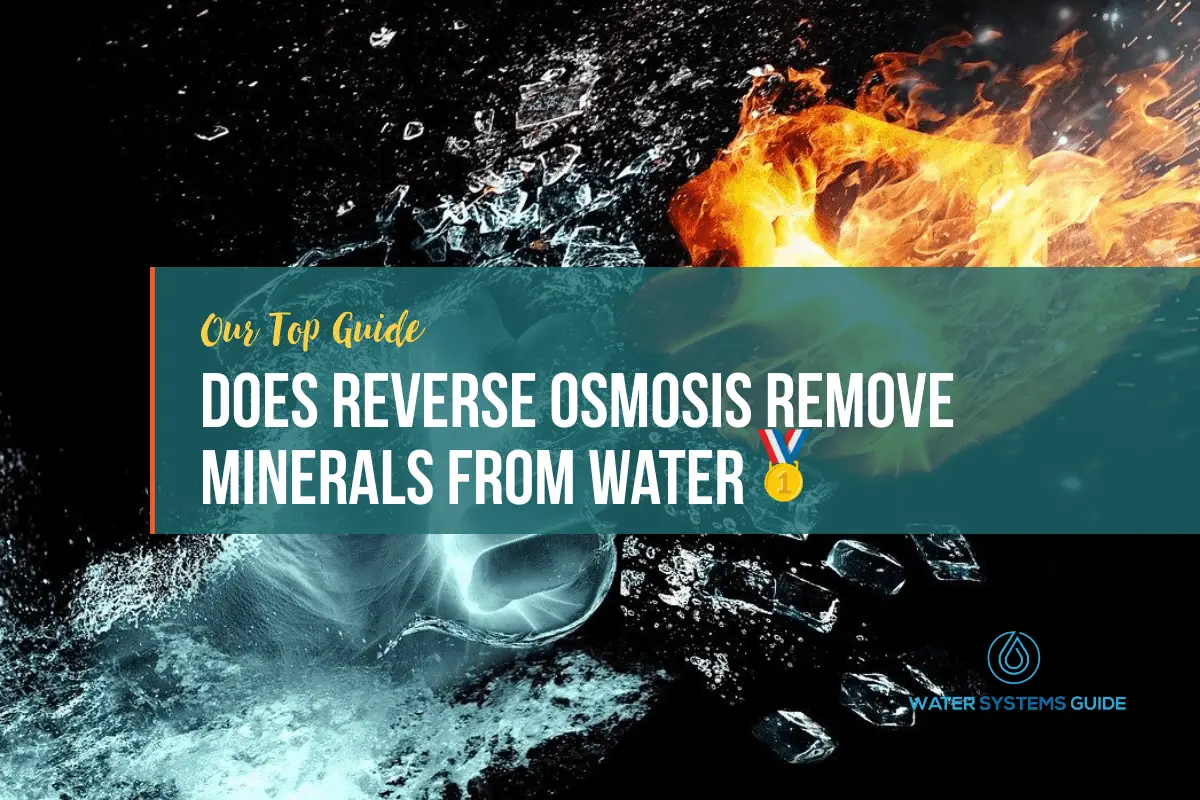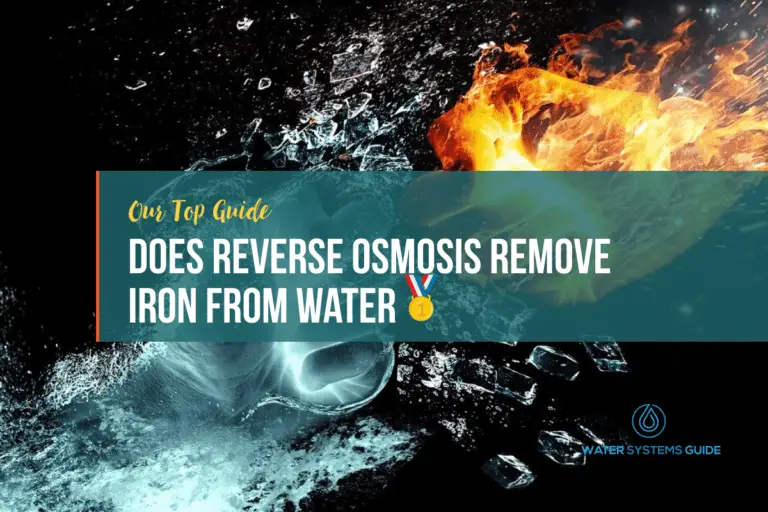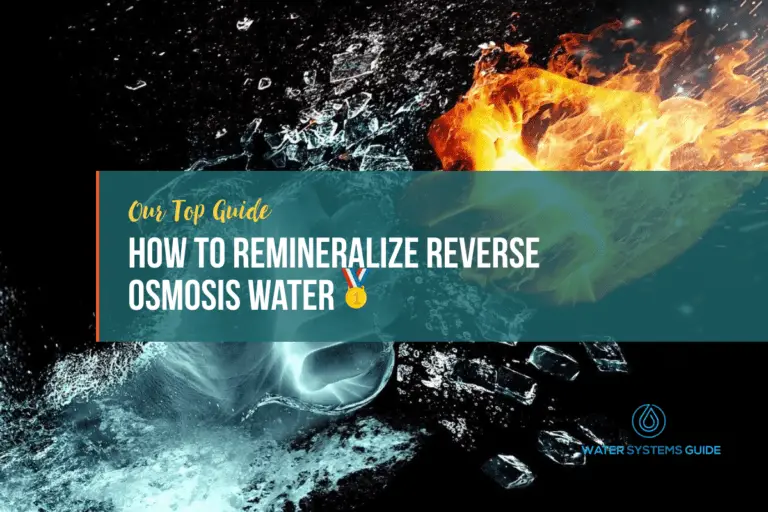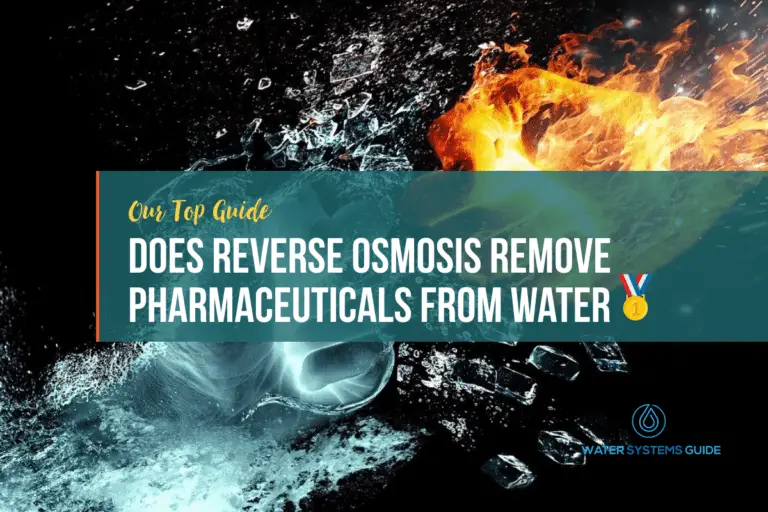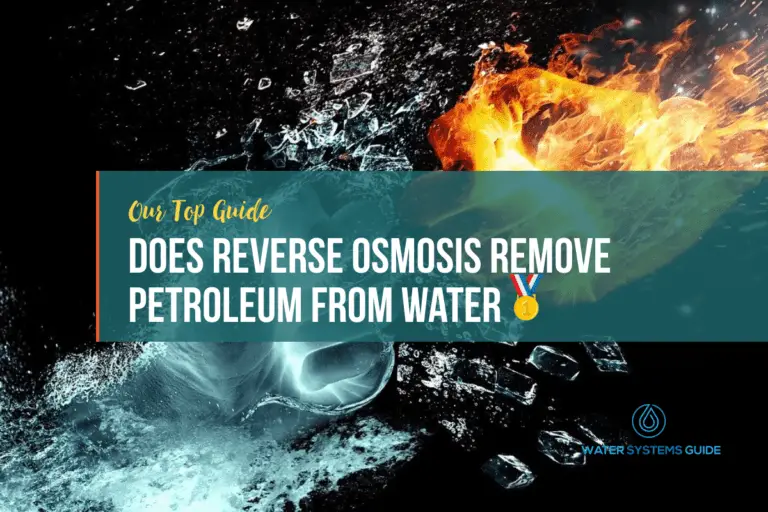Does Reverse Osmosis Remove Minerals From Drinking Water
What Exactly Are Minerals in Water?
Minerals in water are naturally-occurring chemical elements or compounds that are found in water. They can be dissolved in water or present as suspended particles.
The quality of water is determined by the presence of different minerals in it. These minerals can come from a variety of sources, including rocks and soil, and they can have different effects on water quality.
Minerals are important for the human body and play a role in many physiological processes. Some minerals, such as sodium and chloride, are essential for the body to function properly. Others, such as iron and magnesium, are needed in small amounts for the body to maintain health.
Water is a vital resource for all life on Earth. It is essential for human health and well-being, and it plays an important role in the ecosystem.
Does RO Remove Important Minerals from Drinking Water?
Reverse osmosis (RO) is a filtration process that removes impurities from water by forcing it through a semipermeable membrane. An RO system removes minerals, including calcium and magnesium, from drinking water. While this can be beneficial in some cases, it can also lead to water that is too “soft” and devoid of important minerals.
What minerals does reverse osmosis remove from water?
Reverse osmosis removes a variety of minerals from water, including calcium, magnesium, potassium, sodium, fluoride, chloride, sulfate, and phosphate.
What is the impact of consuming “soft water”?
“Soft water” is simply water that has been treated to remove minerals that can cause hardness.
While soft water is not harmful to consume, it can have some impacts on your health. For example, soft water doesn’t provide your body with calcium or magnesium, which if you’re not eating a balanced diet, could potentially lead to deficiencies in these healthy minerals. However, it should be noted that these trace minerals are found in foods that one would/should eat on a daily basis, so it’s not a major concern.
There is a myth that soft water can make it difficult for your body to absorb other minerals and nutrients, which can impact your overall health… However, this has been shown to not be true.
If you are concerned about the impact of soft water on your health, talk to your doctor or a registered dietitian.
What’s the Risk of Consuming Soft Water to Human Health?
Many people believe that soft water is actually healthier for you than hard water. This is because soft water does not contain the same levels of minerals and other contaminants that can be found in hard water.
However, the one key concern with soft water, as explained by PennState Extension, the water softening process exchanges the dissolved calcium and magnesium compounds for a higher sodium (salt) content, adding 7.5 milligrams of sodium to each quart of water per gpg of hardness removed. This isn’t ideal for someone on a low sodium diet.
An RO water system is known for removing harmful bacteria and virus’ from your home’s tap water, so this is one of the benefits over conventional municipal water.

